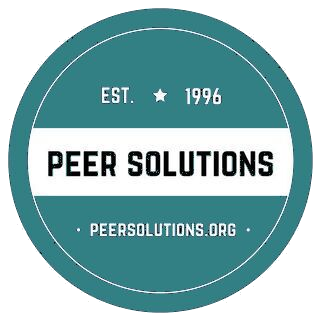HUMAN TRAFFICKING
Recognizing the signs of human trafficking can be challenging, especially when it happens in places where you should feel safe. If you suspect that you or someone you know might be a victim of human trafficking, it’s crucial to reach out for help and take action.
Traffickers often use grooming behaviors to manipulate and control their victims before engaging in trafficking.
Here are signs to watch out for:
- Traffickers often look for individuals facing emotional, economic, or social vulnerabilities such as isolation, homelessness, low self-esteem, or family conflicts.
- A trafficker may shower potential victims with compliments, expensive gifts, and promises of a better life to create dependency.
- Traffickers will attempt to isolate victims from their social support networks, discouraging them from interacting with friends or family.
- Traffickers often pretend to be a “romantic partner” or close friend to build emotional dependency, using love and trust as leverage.
- Traffickers may entice victims with offers of well-paying jobs, especially in modeling, entertainment, or travel industries, to create false hope.
- Traffickers may ask for or take control of personal documents like IDs or passports and offer to "manage" the victim’s money, further entangling the victim in a web of dependency.
- Victims may show signs of sudden behavioral or physical changes, such as becoming secretive, wearing expensive clothing, or being afraid to speak freely.
- A trafficker may use threats of violence, exposure, or harm to loved ones to maintain control over the victim.
What to Do if You Suspect Human Trafficking:
Call the National Human Trafficking Hotline: 1-888-373-7888
Contact Local Law Enforcement if there is immediate danger.
Quick Facts
- According to the International Labour Organization (ILO), an estimated 40.3 million people are victims of human trafficking worldwide, with 81% of these individuals being exploited for sexual purposes and 19% in forced labor. This highlights the widespread nature of the issue and the various forms it can take.
- Youth Vulnerability: The National Center for Missing & Exploited Children (NCMEC) reports that a significant portion of trafficking victims in the United States are minors. Many of these youth are runaways or homeless, making them particularly vulnerable to traffickers who exploit their desperation and need for shelter and support.
Arizona-Specific Resources
Arizona Human Trafficking Council
Website: https://goyff.az.gov/humantrafficking
Phone: 1-888-373-7888 (National Human Trafficking Hotline)
Text: 233733 (Text “HELP” or “INFO”)
StreetLightUSA
Website: https://www.streetlightusa.org/
Phone: (623) 435-0900
Phoenix Dream Center
Website: https://phoenixdreamcenter.org/
Phone: (602) 346-8726
Trust (Training and Resources United to Stop Trafficking) Arizona
Website: https://aatn.org/trust/
Phone: (602) 845-0000
Youth-Specific Resources
National Center for Missing and Exploited Children (NCMEC)
Website: https://www.missingkids.org/home
Phone: 1-800-THE-LOST (1-800-843-5678)
Shared Hope International
Website: https://sharedhope.org/
Phone: 1-866-437-5433
Covenant House
Website: https://www.covenanthouse.org/
Phone: 1-800-388-3888
A21 Campaign
Website: https://www.a21.org/
GEMS (Girls Educational & Mentoring Services)
Website: https://www.gems-girls.org/
Phone: (212) 926-8089
General U.S Wide Resources
National Human Trafficking Hotline
Website: https://humantraffickinghotline.org/en
Phone: 1-888-373-7888
Text: 233733
Polaris Project
Website: https://polarisproject.org/
Love 146
Website: https://love146.org/
Phone: (203) 772-4420
International Rescue Committee (IRC) - Anti-Trafficking Program
Website: https://www.rescue.org/
Phone: (855) 973-7283
Thorn
Website: https://www.thorn.org/
By and for the community.
Subscribe to Our Newsletter
Get access to latest news and all the features by subscribing here.
